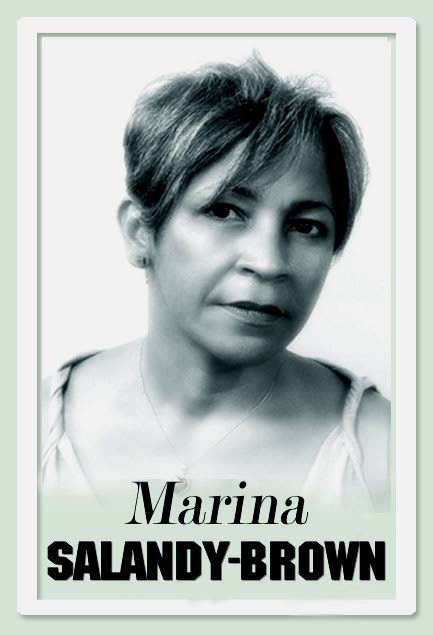The end of an era in Cuba

Last week, in the midst of our escalating covid19 infections, the affecting hearing of the George Floyd case and the troubled anticipation of the jury’s decision, a big event took place in the northern Caribbean without attracting too much attention.
The stepping down of Raul Castro from the leadership of the Communist Party of Cuba marked the end of a phase of one of the most written about, celebrated, vilified, and dangerous eras of post colonial Caribbean history – the Cuban Revolution. Raul would never have guessed that at the age of nearly 90 he would be handing over supreme command of the famous or infamous Cuban Revolution that has endured despite almost insurmountable odds. He could only have hoped, when fighting alongside his brother Fidel, Che Guevara and a small outfit of idealistic young men and women in the 26th of July Movement, that they would defeat Batista’s notorious military regime, and he would never have imagined that they would come to defend the island from its close and jealous neighbour, the US, for six whole decades.
The political world map in 1953 looked different from today’s. When they set out to correct the wrongs of the corrupt Cuban regime that was encouraged by the US, the post-WWII Cold War was intense. The world was divided into ideological battle zones to defend either communism or capitalism, and proxy wars were breaking out all over the place as the end of Empire seemed within people’s grasp. New global alignments were emerging, new countries started taking shape in response to a changing world order and there was everything to play for. Mao’s successful guerrilla warfare in China had become a touchstone for young insurgents everywhere.
In the US, a brash young Democrat, JF Kennedy, was the new, popular president of a superpower still feeling victorious, having ended the decimating, long war in Europe, the East and the Mediterranean and used the ultimate weapon of mass destruction to demonstrate its might. But even in the big brother US, the rumblings of the civil rights movement were becoming loud eruptions, with the rise of charismatic civil rights leaders and a new sense of purpose among black people seeking dignity and justice.
It is hard now to describe just how intensely politics was lived and fought for in that era. The success of the three-year battle against Batista symbolised for many a turning point in the dynamics of self determination. It was akin to the pivotal moment we are experiencing now with the rise of a communal, global realisation that brutal, systemic racism exists, that it is wrong and that maybe something could be done about it if we take advantage of the moment. Fidel Castro was a hero for many, as lionised by the hopeful as he was vilified by US politicians who saw him and the successful revolution he led as the end of the world as they knew and wanted it to be.
The irony of the revolution’s hollow success is similar to that of Toussaint L’Overture’s in Haiti 150 years earlier, when former slaves overthrew their French masters and declared the first independent post-slavery nation, an occurrence unable to be widely emulated. Both Cuba and Haiti have been made to pay the painful price for their audacity through the vindictiveness of their former rulers. Our Caribbean neighbours have been tortured economically and proven themselves unable or unwilling to transform the political systems established in the post-rebellion period, Cuba for ideological reasons and Haiti for a lack of them.
Even those who admire the endurance of the impoverished Haitians and Cubans acknowledge a stasis, partly conditioned by external factors, but also by a mindset deeply resistant to change. Raul Castro might have handed over the reins, but nothing much is expected to change in Cuba, at least, not while the US’s crippling sanctions exist and the revolutionary elders stand in the wings.
Once, when Cuba was a new satellite of the USSR, the US’s Cold War arch enemy, using sanctions to weaken Cuban resolve made sense, but I see more strategic sense now in keeping Cuba close rather than leaving it open to Russian persuasions, especially given its friendship with the prevailing Venezuelan leadership and its closeness to a meddling Russia, keen to prove its influence.
No political system is perfect, but at least we live here in one that values the human rights of its citizens, something that is lacking in Cuba. One might argue, not without opposition, that Cubans equally share the few national resources and that tight political control is necessary against the greedy ambitions of American-Cuban exiles, but not even the miraculous advances made in education and health can compensate for the loss of personal freedoms.
We have a mild taste now during pandemic-induced lockdowns and many of us find it intolerable. Cuba is in dire economic straits and it needs new political thinking suitable for this era. The continued institutionalisation of the revolution may prove to be a mistake.

Comments
"The end of an era in Cuba"